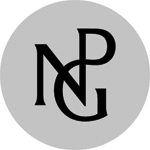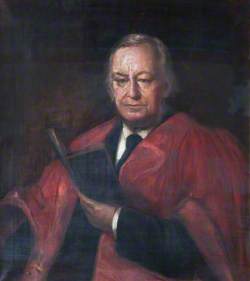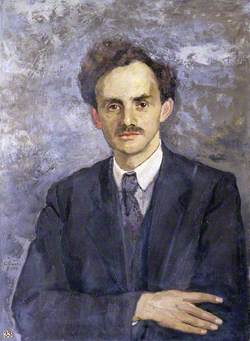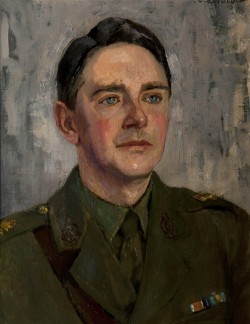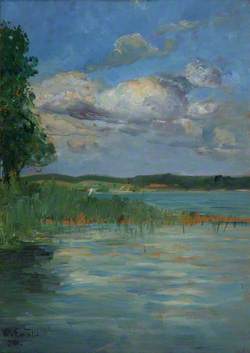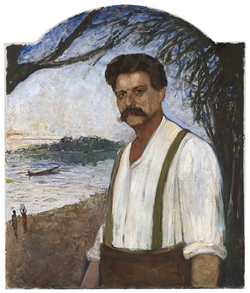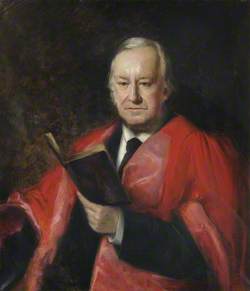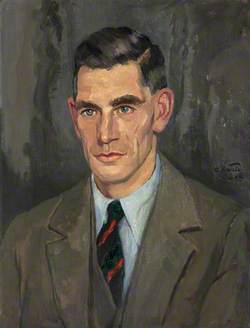How you can use this image
This image can be used for non-commercial research or private study purposes, and other UK exceptions to copyright permitted to users based in the United Kingdom under the Copyright, Designs and Patents Act 1988, as amended and revised. Any other type of use will need to be cleared with the rights holder(s).
Review the copyright credit lines that are located underneath the image, as these indicate who manages the copyright (©) within the artwork, and the photographic rights within the image.
The collection that owns the artwork may have more information on their own website about permitted uses and image licensing options.
Review our guidance pages which explain how you can reuse images, how to credit an image and how to find images in the public domain or with a Creative Commons licence available.
Notes
Add or edit a note on this artwork that only you can see. You can find notes again by going to the ‘Notes’ section of your account.
Cambridge-educated, Brooke joined the Royal Navy at the outbreak of war. Publication of five patriotic war sonnets coincided with his death from septicaemia while on his way to join the campaign at Gallipoli. The most popular poet of the war, for some, Brooke symbolised a pre-war golden age, destroyed by the conflict. From Soldier by Rupert Brooke (1914): 'If I should die, think only this of me: That there's some corner of a foreign field That is for ever England. There shall be In that rich earth a richer dust concealed; A dust whom England bore, shaped, made aware, Gave, once, her flowers to love, her ways to roam, A body of England's, breathing English air, Washed by the rivers, blest by suns of home.' The young Rupert Brooke, handsome, well-bred and full of promise as a poet, sat to the German artist Clara Ewald when he was staying in Munich in spring 1911.
Title
Rupert Brooke
Date
1911
Medium
oil on canvas
Measurements
H 54.6 x W 73.7 cm
Accession number
4911
Acquisition method
Given by the artist's son, Professor P. P. Ewald, 1972
Work type
Painting

